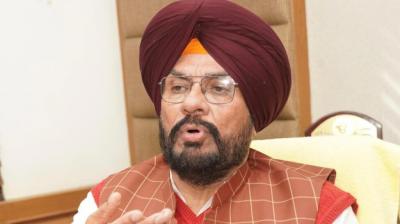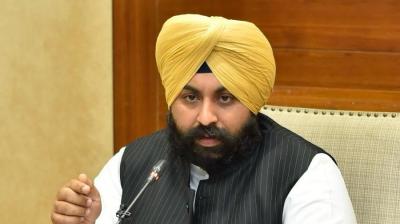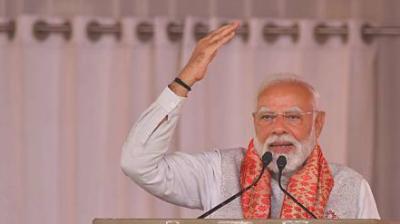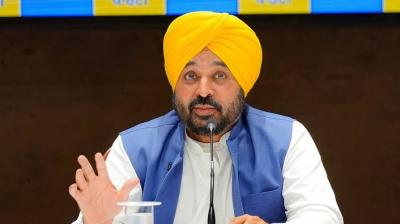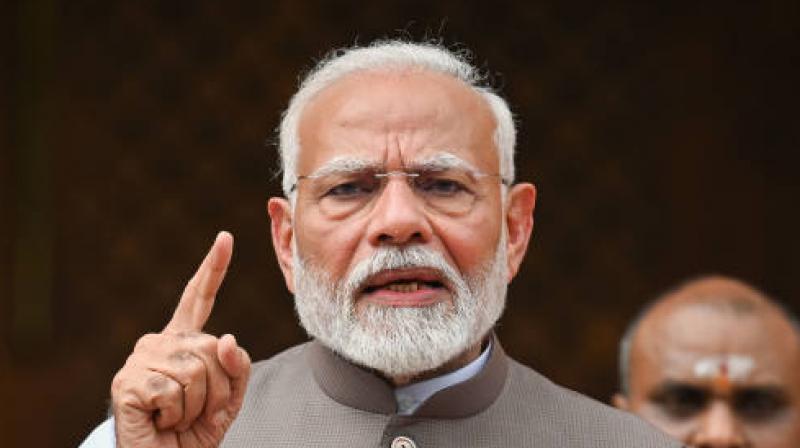
Modi further emphasised how Mahatma Gandhi's swadeshi philosophy had been sidelined by this Westernised mindset.
PM Modi Calls for a National Resolve to Shed Macaulay's Slavery Mindset, Sets a 10-Year Roadmap
Prime Minister Narendra Modi delivered a compelling speech at the sixth Ramnath Goenka Lecture in New Delhi. He urged the nation to shed what he termed the "Macaulay mindset". He called for a concerted national effort to reverse the colonial-era impact of British Parliamentarian Thomas Babington Macaulay’s education reforms introduced in 1835. According to PM Modi, these reforms fostered a sense of inferiority among Indians and imposed a foreign mindset that has persisted for decades.
Macaulay's educational overhaul, which prioritised English as the medium of instruction and Western literature over Indian knowledge systems, was designed to create "Indians who would appear Indian but think like the British," as Modi emphasised in his address. The Prime Minister argued that Macaulay's reforms undermined India’s traditional education, which had once instilled cultural pride and balanced the promotion of skill and scholarship.
“This was when the belief took root that Indians must adopt foreign ways to achieve success,” Modi said. He pointed out that this mindset had weakened pride in India’s own heritage, even after the country gained independence. He stressed that this sense of inferiority had persisted well into the post-independence era, infiltrating India’s educational, economic, and governance models.
Modi further highlighted how Mahatma Gandhi's swadeshi philosophy had been sidelined by this Westernised mindset. "We began to look abroad for governance models and innovation," he noted, referring to the shift in focus from self-reliance to foreign systems. The PM also addressed the neglect of India's own languages, contrasting it with countries like Japan and China, which adopted Western practices without compromising on their native tongues.
As a part of his 10-year roadmap to liberate India from the "Macaulay mindset", Modi outlined the National Education Policy (NEP), which now places a strong emphasis on education in local languages, alongside modern subjects. “The government is not against English; we support the use of Indian languages,” Modi clarified, underscoring the importance of cultural preservation.
PM Modi’s speech is a call for the nation to reclaim its pride in indigenous systems and cultures, with the goal of eradicating colonial legacies by 2035, the bicentennial of Macaulay’s education reforms. As Modi concluded, "The coming decade is critical to break free from this mindset of slavery."




